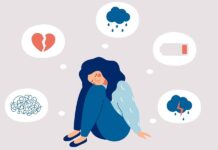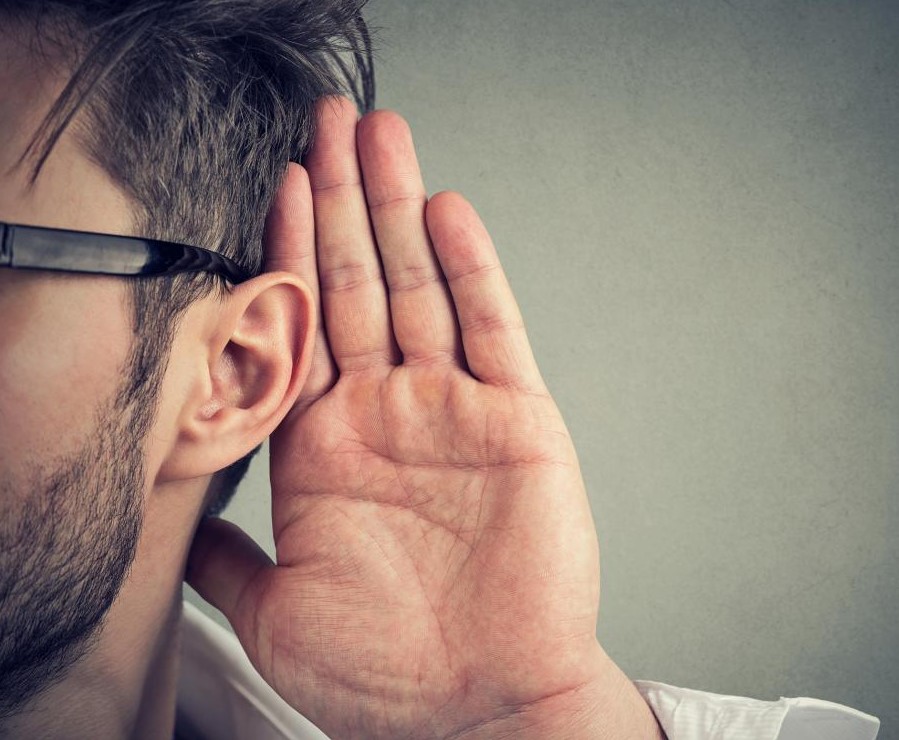
Hearing is one of the most common health issues we have today. It can be caused by many factors, including aging, noise, diseases, and heredity. Oftentimes, you may have hearing loss but not even realize it.
Did you know that approximately one in every three people between 65-74 ages has hearing loss? And almost 50% of those older than 75 years have difficulty hearing. Unfortunately, some people aren’t always open to admitting they have trouble with their hearing.
Seniors who can’t hear clearly may become depressed or withdraw from other people due to frustration or embarrassment. Sometimes you may think an elderly person is confused, uncooperative, or unresponsive to what you are saying when in reality, they may not be hearing you well.
Hearing problems that go untreated or ignored for long periods can get worse. That is why you should visit an audiologist immediately you sense something might be wrong with your hearing.
Signs of Hearing Loss
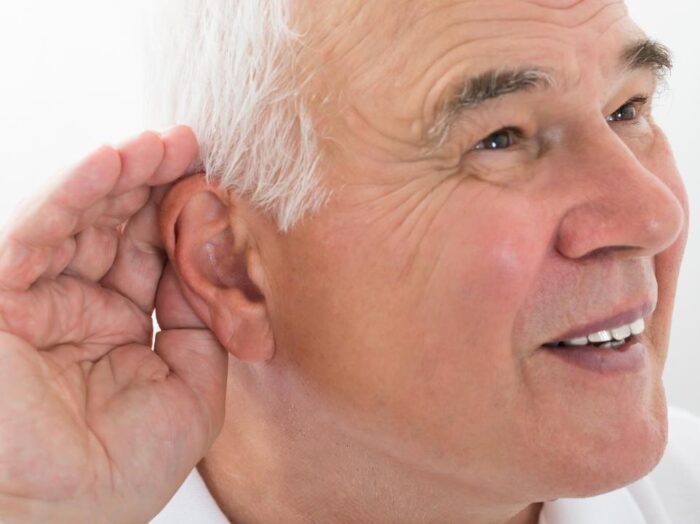
As mentioned above, most times, you may have a hearing problem and not even realize it. That’s why we recommend you visit an audiologist whenever you start experiencing the following signs:
- Seem to think that other people are mumbling
- Feel the need to turn up your TV volume up so loud that everyone complains
- Find it difficult to follow conversations when more than two people are talking
- Have trouble hearing the person on the other end of the telephone
- Have trouble hearing well because of background noise
- Often ask people to repeat their conversations
These are just some of the common signs to watch out for. Ideally, you should be on the lookout for anything that might feel amiss, especially with your hearing.
Types of Hearing Loss
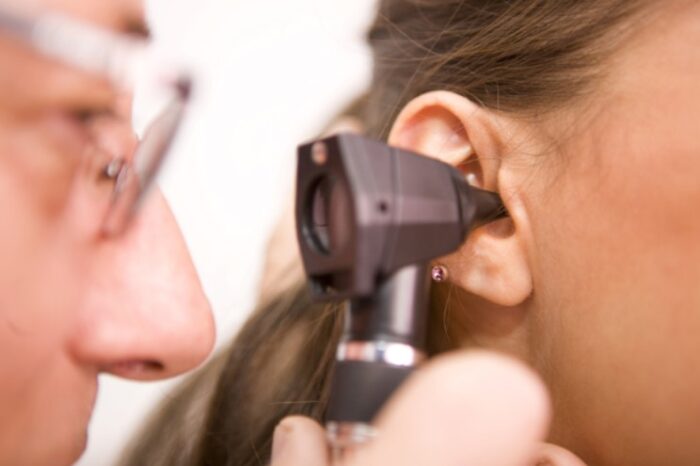
Hearing problems can come in many forms and may range from mild hearing loss to total loss of hearing. Generally, there are two main categories of hearing loss. These include:
1. Conductive hearing loss
This occurs when sound waves can’t reach your inner ear. It may be as a result of fluid or earwax buildup or a punctured eardrum. In many instances, you will need medical treatment or surgery to restore conductive hearing loss.
2. Sensorineural hearing loss
This hearing loss occurs when there’s damage to your auditory nerve or inner ear. Most times, this type of hearing loss is permanent.
Sudden Hearing Loss
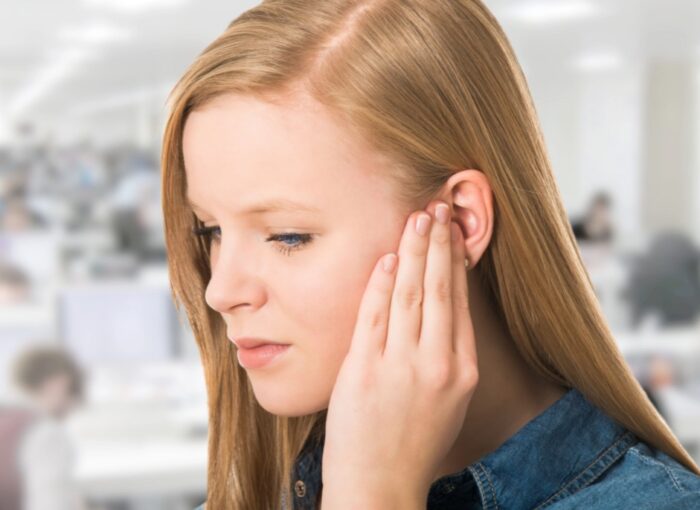
Also known as sudden deafness. This type hearing loss can occur at once or within three days and should always be considered a medical emergency. Therefore, ensure you visit an audiologist or ear doctor immediately if you or your loved one experiences sudden hearing loss.
Age-Related Hearing Loss (Presbycusis)
Unlike sudden hearing loss, Presbycusis comes on more gradually as you get older. In some cases, it seems to run in the family and sometimes occurs because of changes in the auditory nerve or inner ear.
Age-related hearing loss can also make it difficult to hear what others are saying clearly or tolerate loud sounds. Are you experiencing hearing problems? Click here to check hearing test. You never know when your hearing is deteriorating because of your age.
Presbycusis occurs in both ears and affects them equally. Someone with Presbycusis may not know that he/she has lost some ability to hear because the loss is gradual.
Ringing in the Ears (Tinnitus)
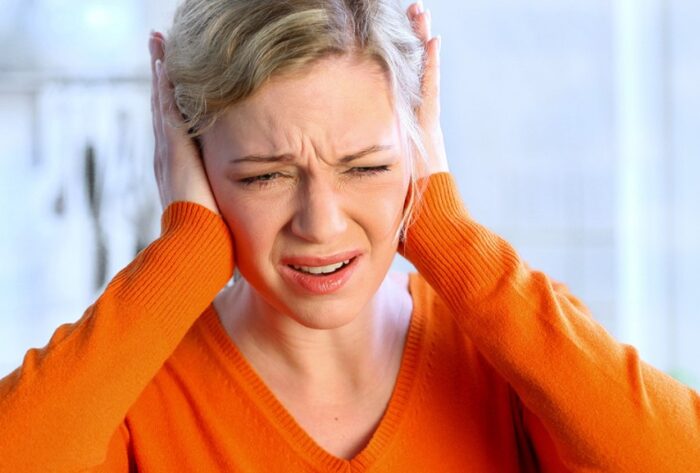
Tinnitus is another common hearing loss that’s more common in older people. You typically feel a ringing that can sometimes sound like clicking, roaring, or buzzing. You can hear it in one or both ears, and some be soft or loud. Tinnitus is often the first sign of hearing problems, especially in older adults.
Often, Tinnitus is accompanied by other types of hearing loss such as allergies, high blood pressure, or a side effect of other medications. It is important to note that Tinnitus is a hearing loss symptom, not a disease. Even a piece of earwax blocking your ear canal can cause Tinnitus. However, it may be a result of any other health condition.
Causes of Hearing Loss
Hearing loss may result due to several reasons. Here, we will discuss some of the most common ones.
1. Loud Noise
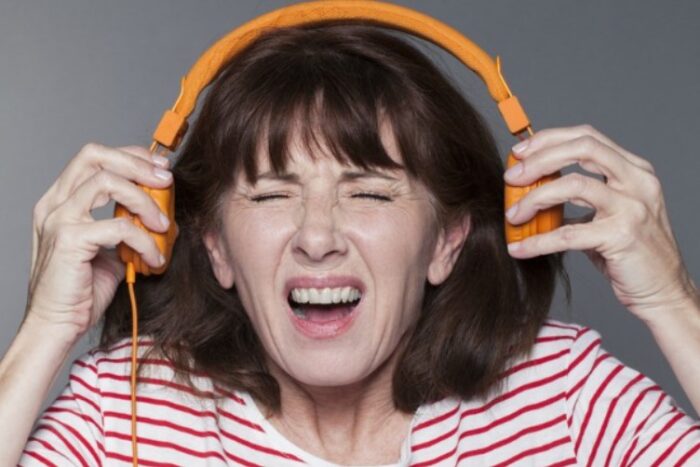
Loud noise ranks as one of the leading causes of hearing loss. It can come from loud music, lawnmowers, or even snow blowers, which can damage your inner ear or auditory nerve, resulting in permanent hearing loss.
Fortunately, you can prevent or minimize possible damages that may be caused by loud noise. You can simply turn down your TV, radio, or headphone volume or move away from the loud noise altogether.
2. Earwax or Fluid Buildup
Earwax or fluid buildup can also block the sounds carried from your eardrum to your inner ear. However, you can correct this condition with mild treatments from your ear doctor to soften your earwax.
3. Punctured Eardrum
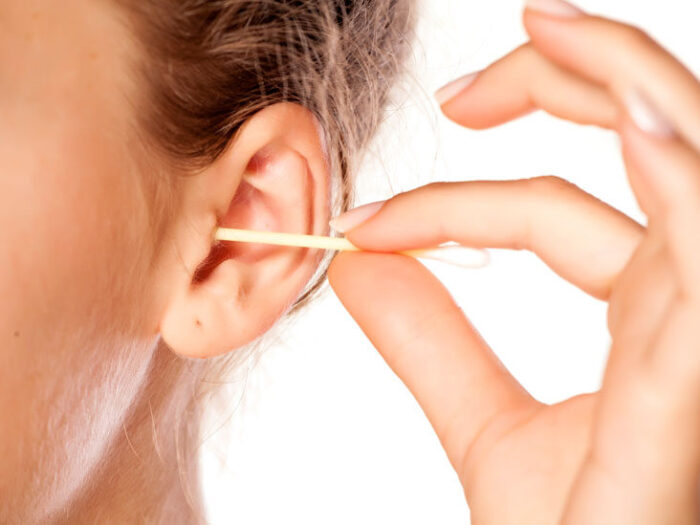
Your eardrum may be damaged by pressure, infection, or putting objects like cotton-tipped swabs in your ear. A common sign that you may have a punctured eardrum is when you have fluid draining from your ear.
4. Other Health Conditions
Other conditions such as high blood pressure or diabetes can also contribute to hearing loss, especially in older people. Viruses and bacteria are usually the most common culprits here, but other conditions like a heart condition, brain injury, stroke, or a tumor can also affect your hearing.
5. Certain Medications

Some medications can also result in hearing loss. Many studies have shown that “Ototoxic” medications can damage your inner ear or auditory nerves, sometimes even permanently. Some common Ototoxic medications include drugs used to treat conditions like cancer and heart disease. Even aspirin at some dosages may cause hearing problems.
6. Heredity
Your hearing loss may also be hereditary. However, not all inherited hearing loss or conditions occur at birth. Some may show up at a later point in life and may be considered a hereditary disease.
Understanding Hearing Loss
Talk with one of our certified audiologists about what’s right for you. You can learn more about hearing loss and the importance of addressing any signs of hearing loss early. Don’t let your hearing loss get worse. It may have a negative impact on your overall health and lifestyle.


